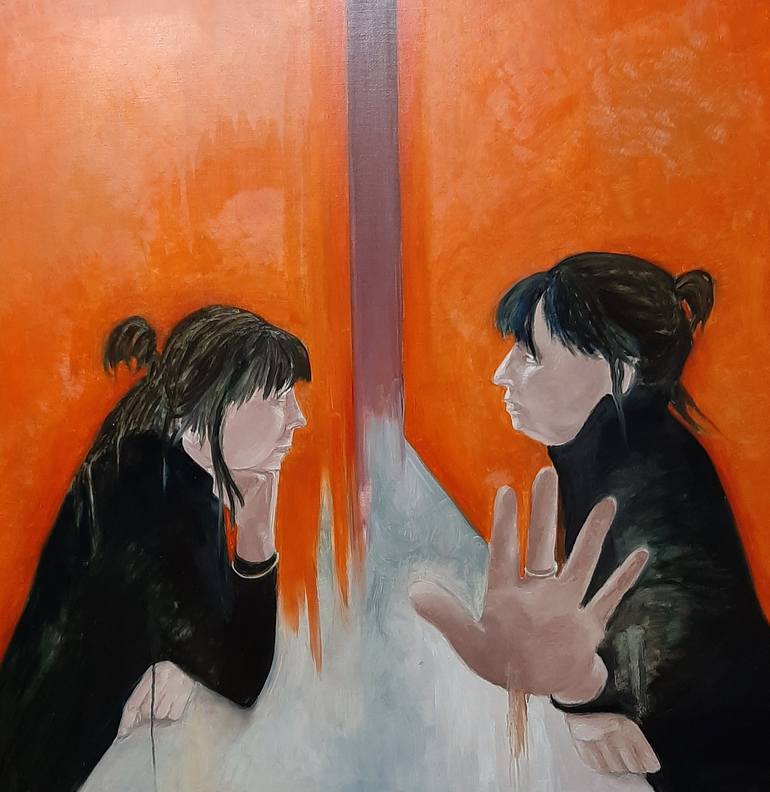
Embracing
In the insightful paper “Listening as Embracing the Other” by Mordechai Gordon, the profound nature of Martin Buber’s philosophy of dialogue is meticulously explored. This engaging piece delves deep into the essence of listening, portraying it not merely as an auditory act but as a meaningful embrace of the other’s entire being. Through Buber’s lens, Gordon elucidates that true dialogue extends far beyond the exchange of words; it is a mutual presence and openness that fosters a deep connection between individuals.
Gordon masterfully demonstrates how Buber’s concept of listening requires an active, attentive engagement with another’s words or actions, treating them as if directed personally at oneself. This form of engagement is pivotal for initiating genuine dialogues, creating a space where individuals can truly see and embrace each other as complete beings. Gordon’s paper highlights that, for Buber, listening is not passive but an ethical stance that necessitates the suspension of one’s own judgments and preconceptions to fully encounter the other.
This exploration brings to light the critical role of listening in establishing human connections, transforming mere conversation into a profound space of mutual recognition and respect. Gordon argues that in today’s fast-paced, often superficial communication landscape, Buber’s philosophy offers a timeless reminder of the importance of slowing down to truly listen to one another. This practice, according to Buber, is essential for the development of genuine relationships and a more empathetic society.
Moreover, Gordon’s analysis extends the implications of Buber’s thoughts on listening to various fields, including education, where it can revolutionize the teacher-student relationship, and in broader societal contexts, where it can aid in bridging divides and fostering understanding among diverse groups. The paper suggests that embracing Buber’s approach to listening could lead to more inclusive and compassionate communities.
In essence, “Listening as Embracing the Other” not only provides a comprehensive examination of Martin Buber’s philosophy but also serves as a call to action for individuals and societies alike to reevaluate how we listen to each other. By adopting a stance of openness and genuine engagement, we can create a world where dialogue leads to mutual respect and understanding. This paper encourages readers to reflect on their own listening practices and consider how embracing Buber’s philosophy might enrich their interactions and relationships.
Gordon’s contribution through this paper is a compelling invitation to embrace the other through words and the very act of listening. It reminds us that by truly listening, we open ourselves to the world of the other, creating possibilities for growth, learning, and connection that transcend the boundaries of our own perspectives. In doing so, we can move closer to a world where dialogue bridges divides and fosters a shared humanity.
Art: The dialogue debate by Dominique Selen




